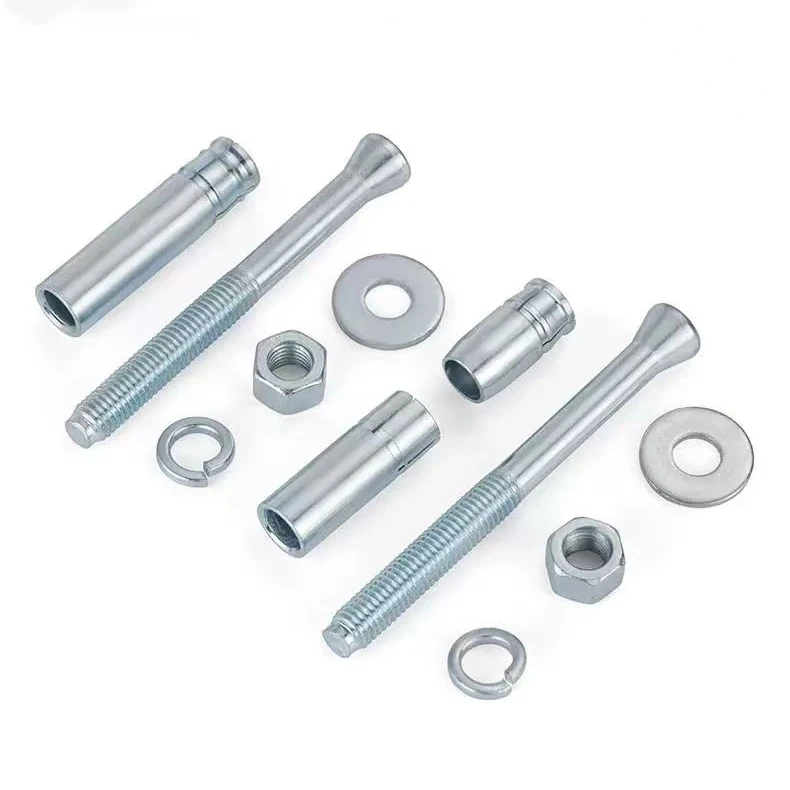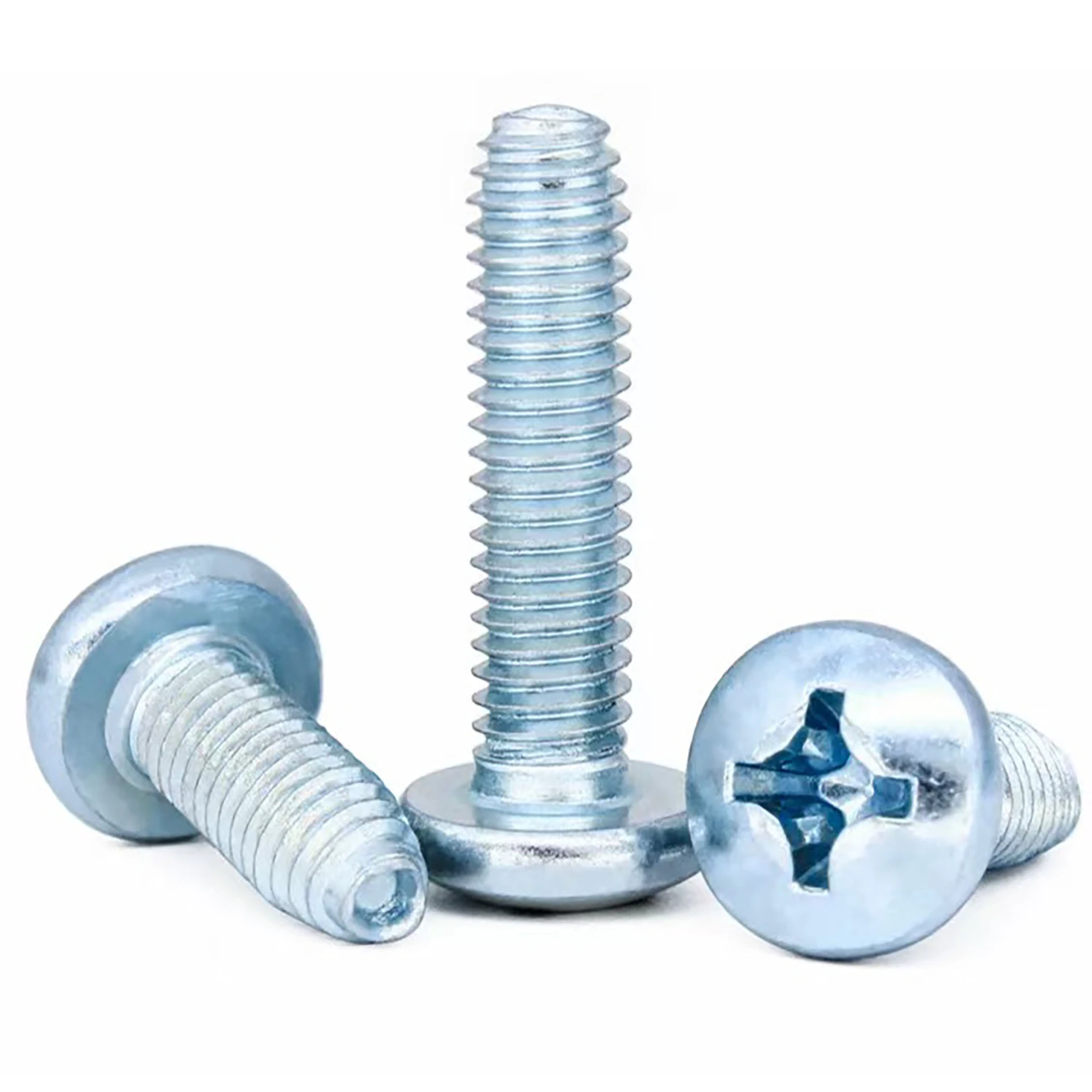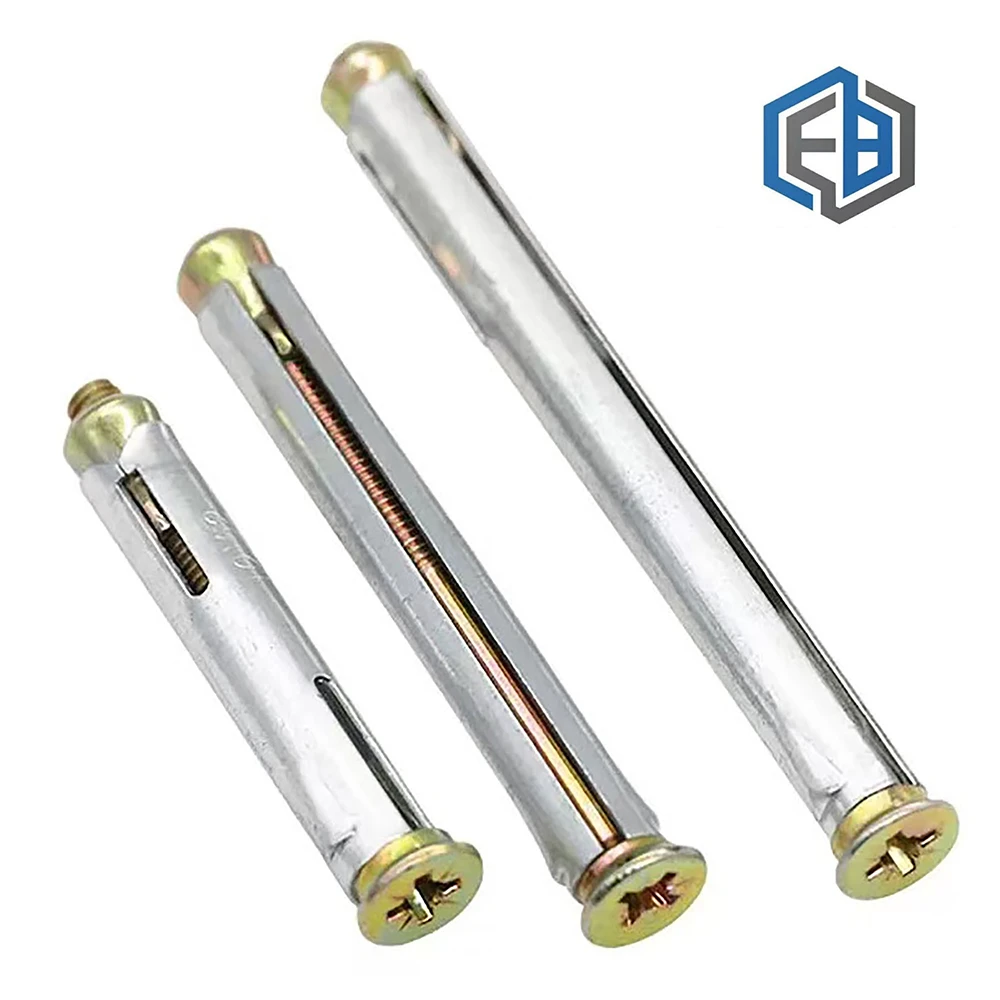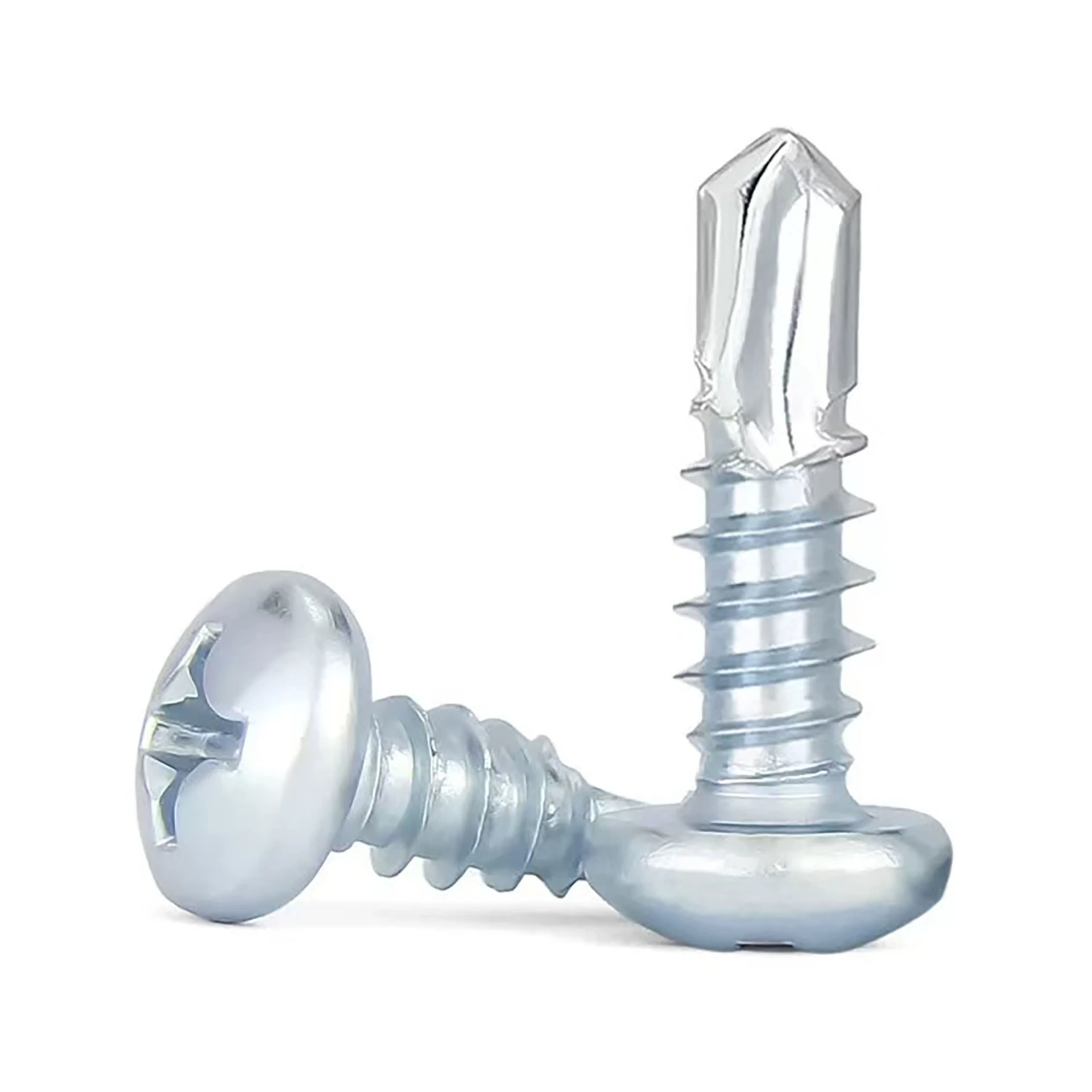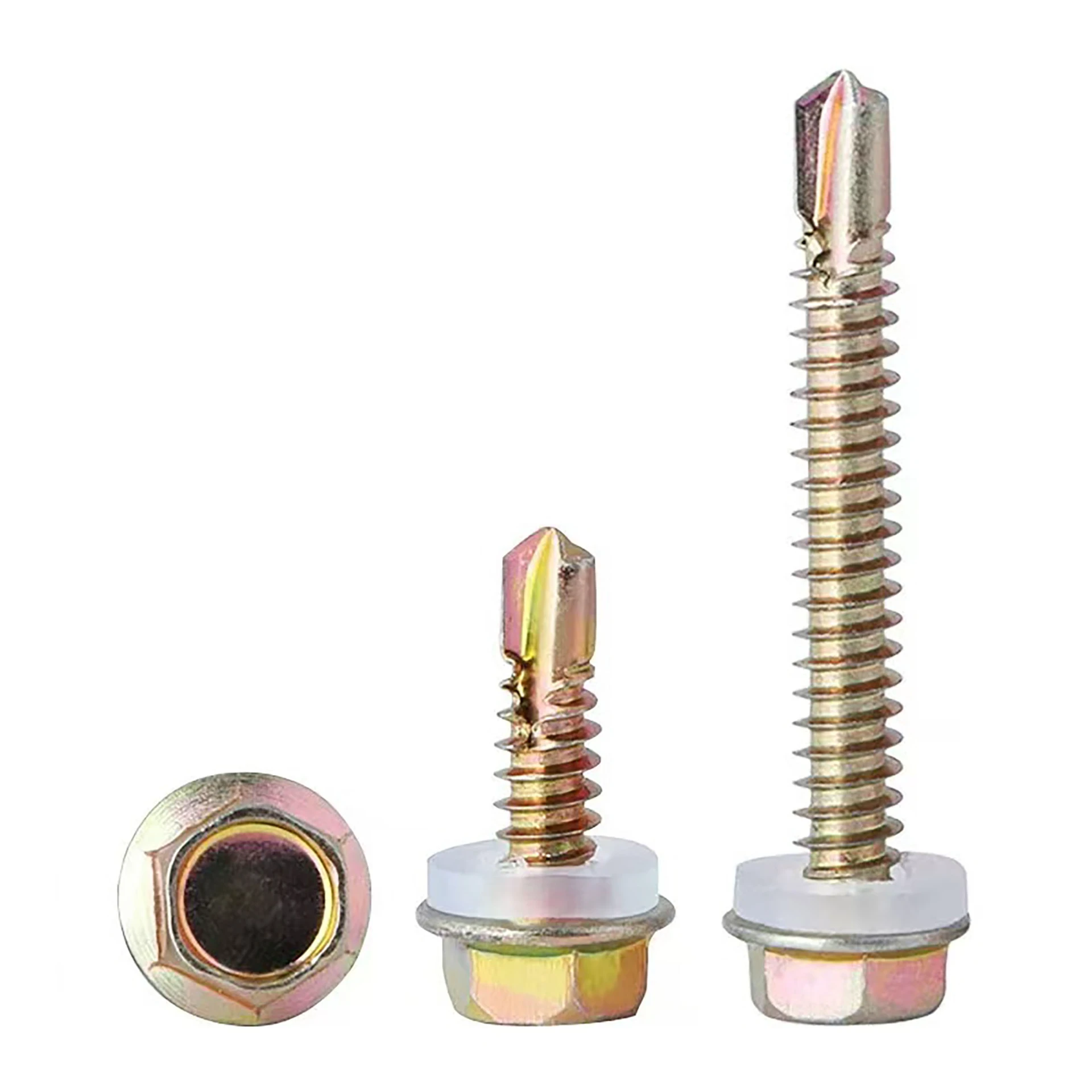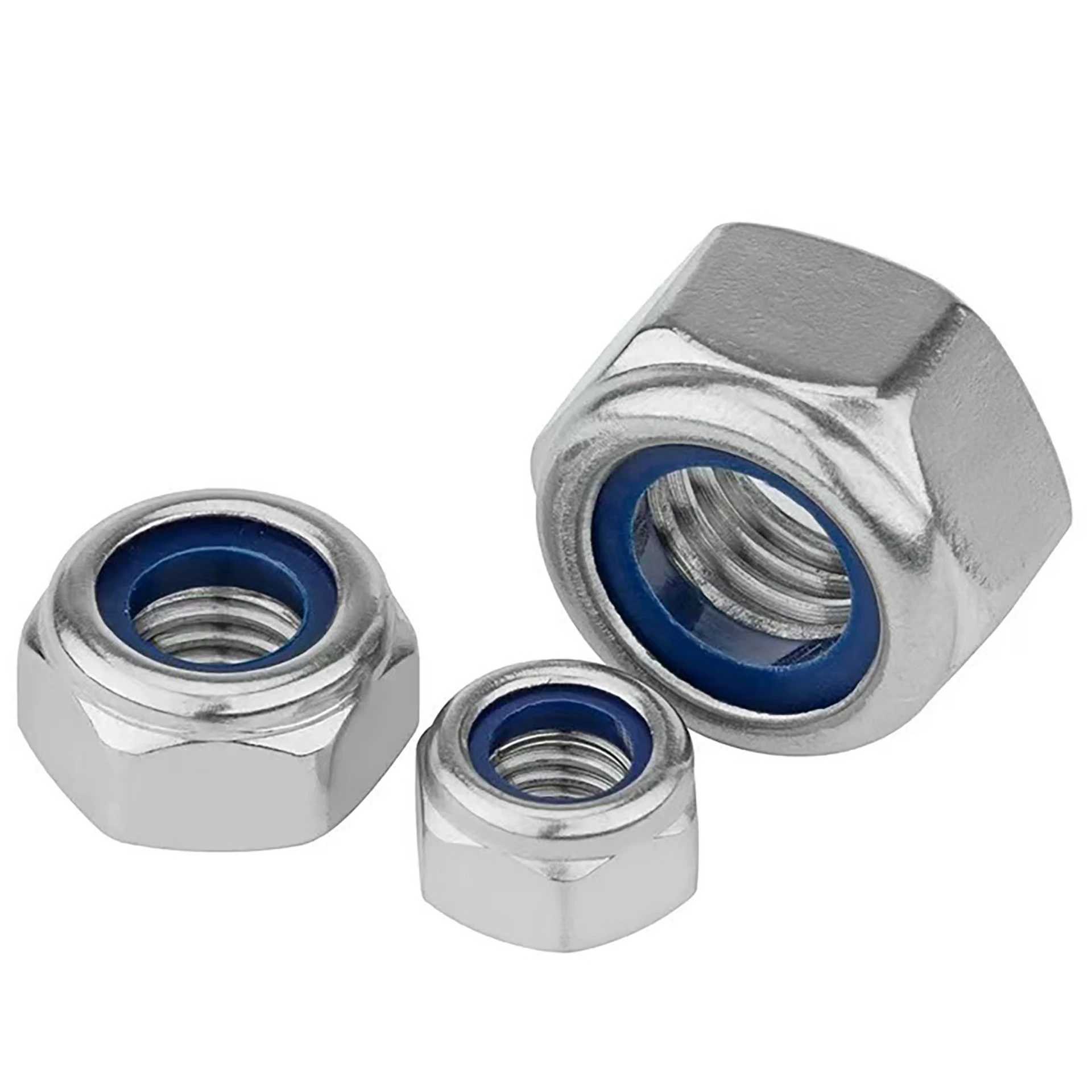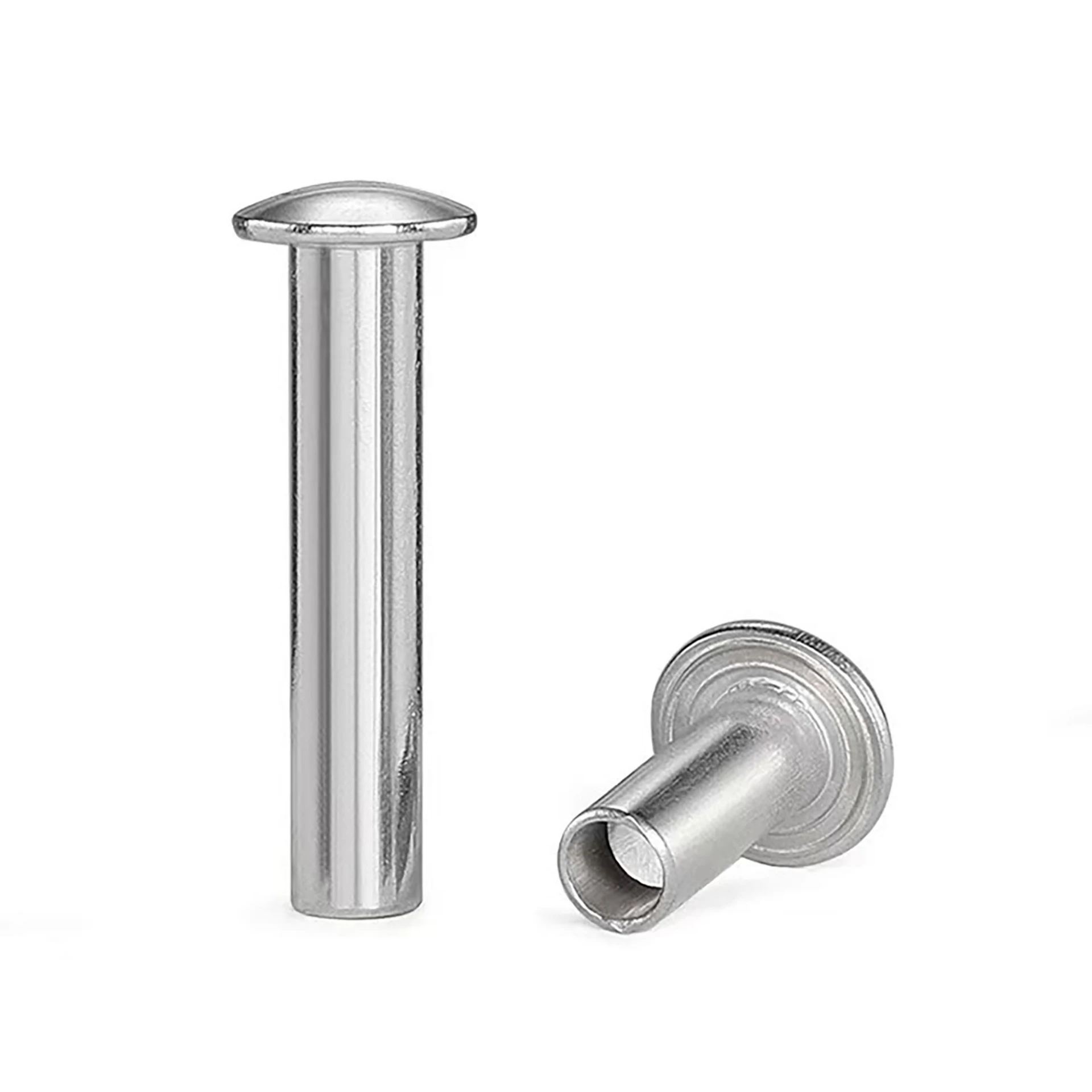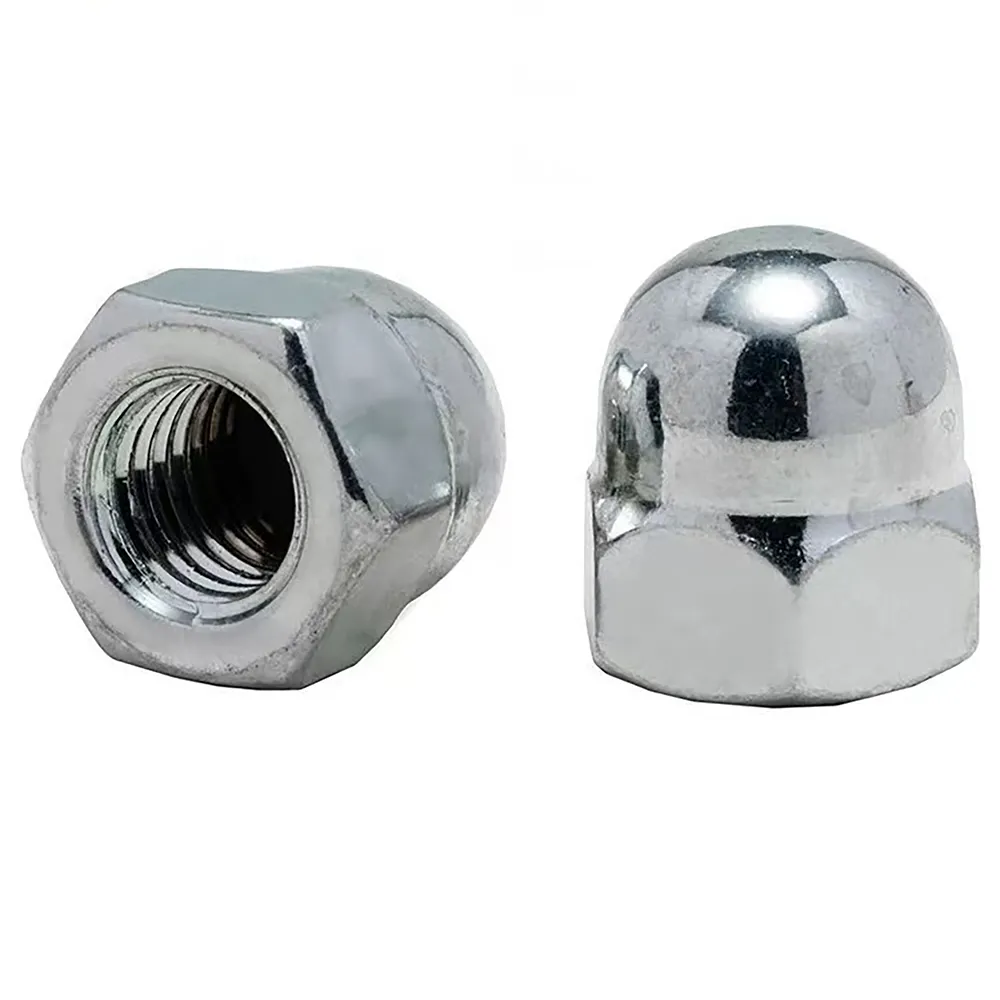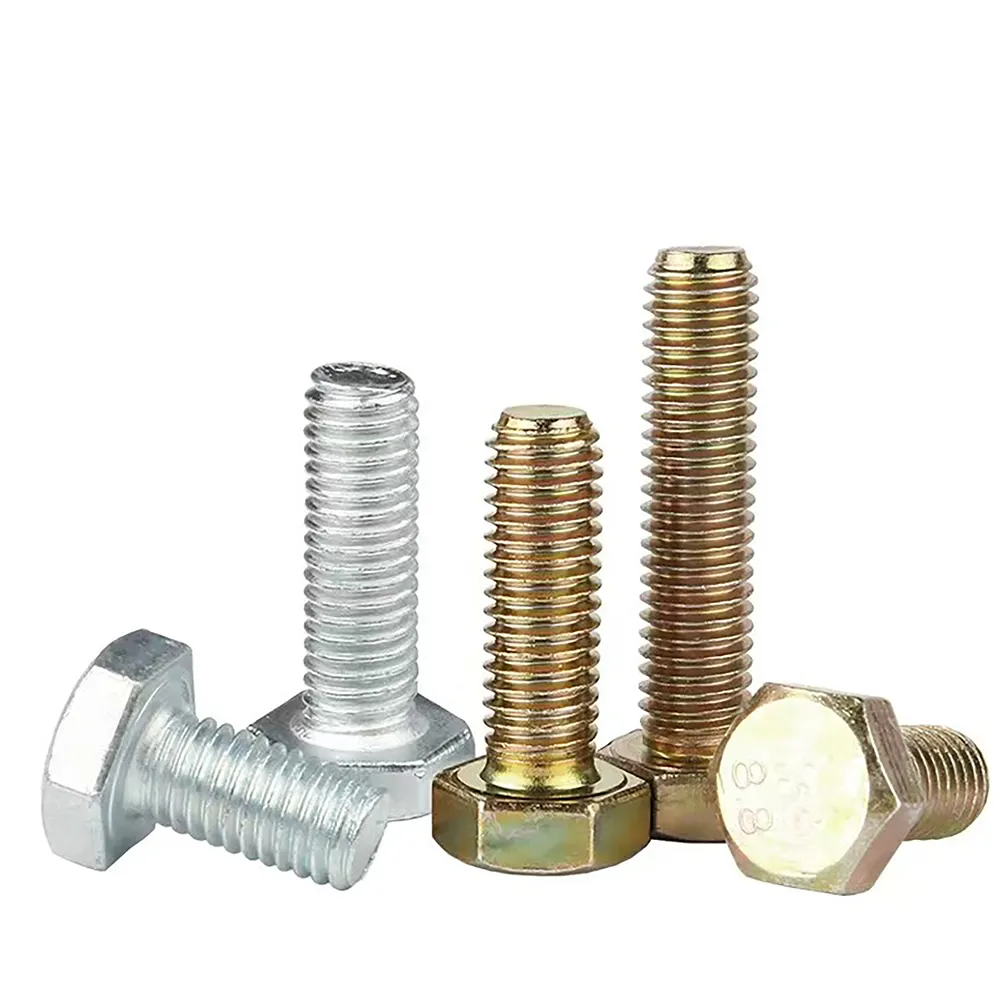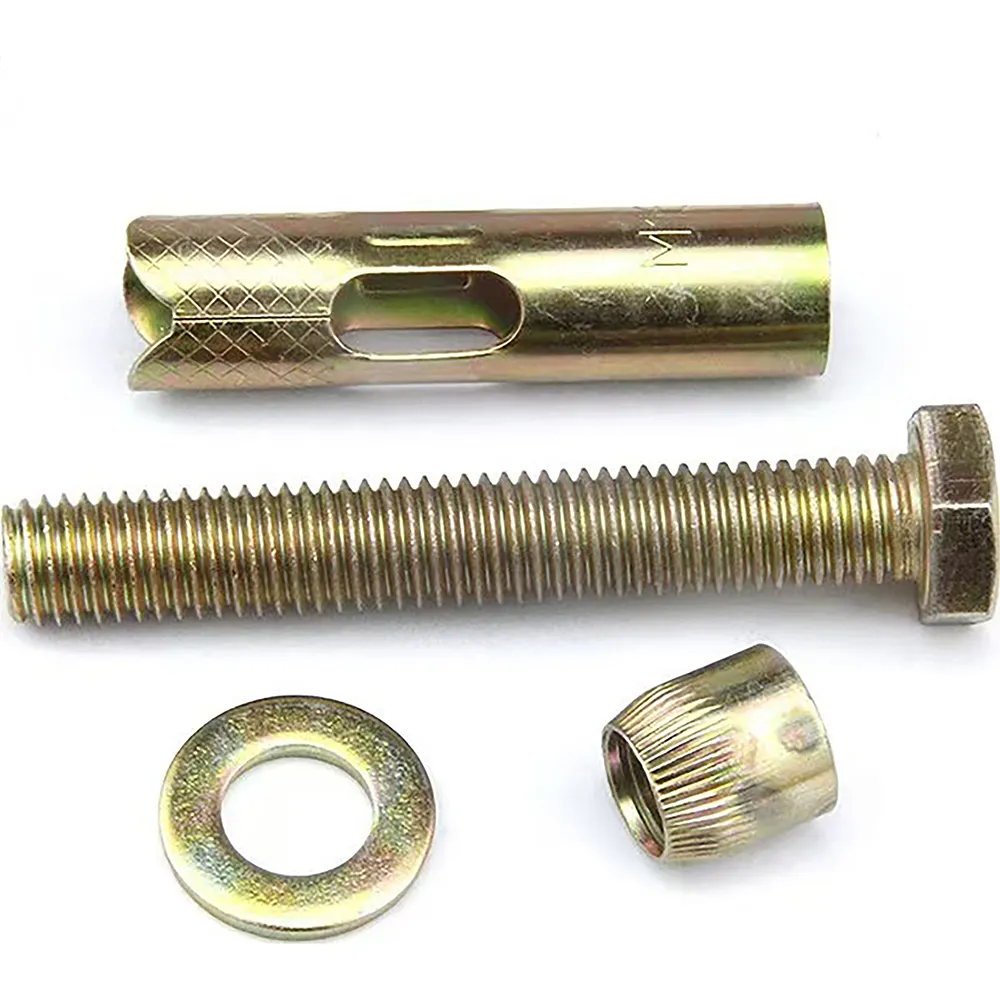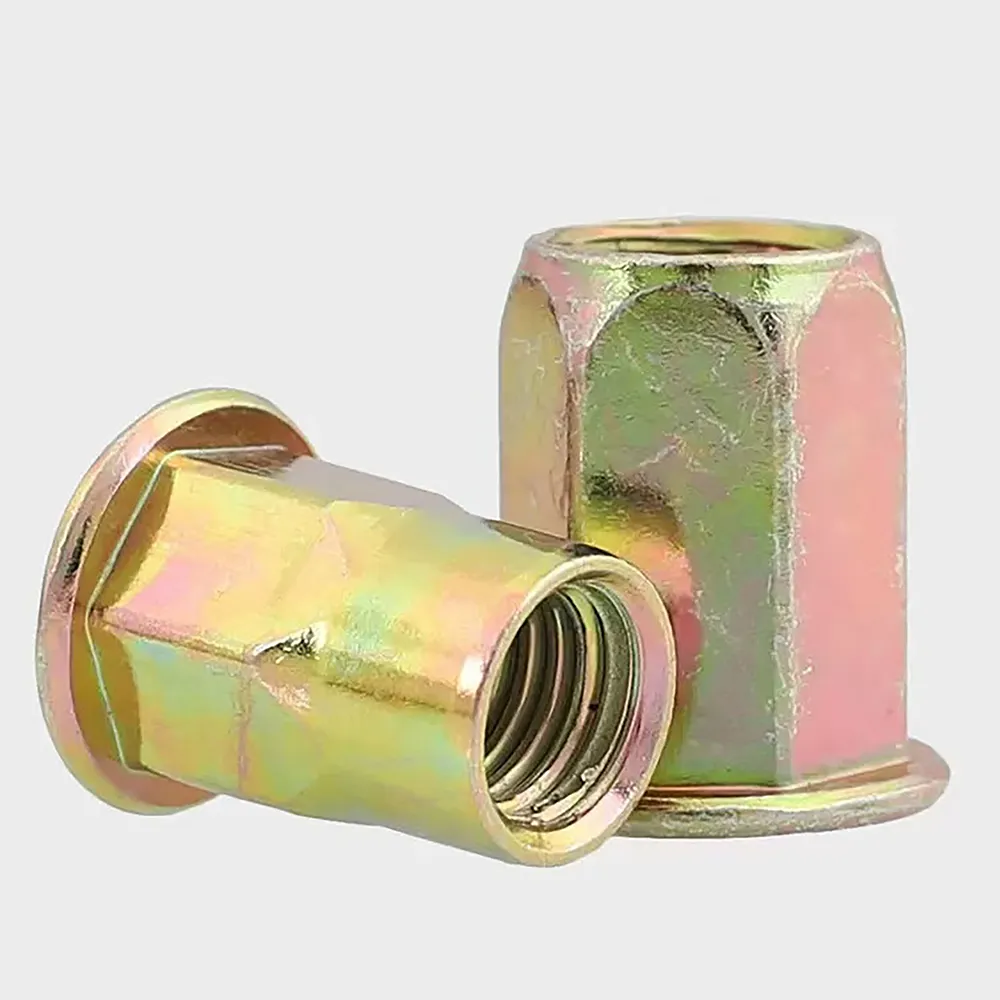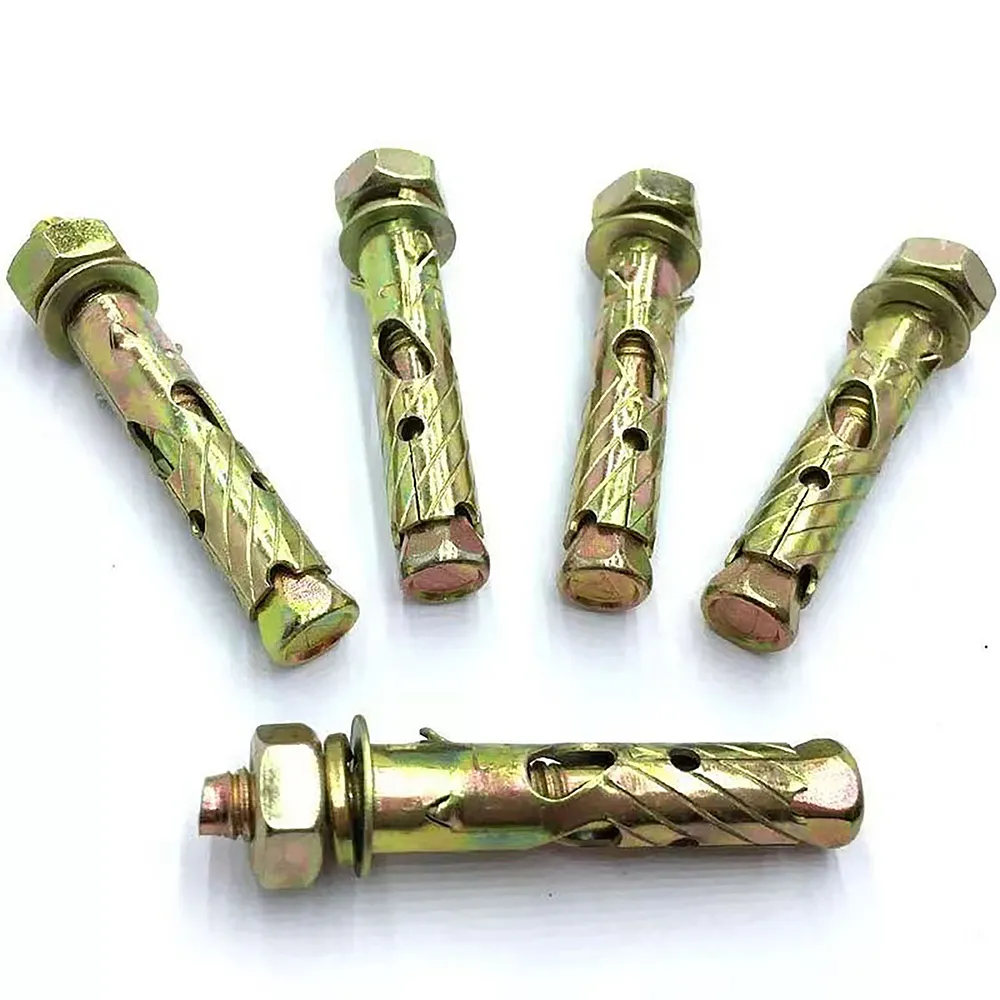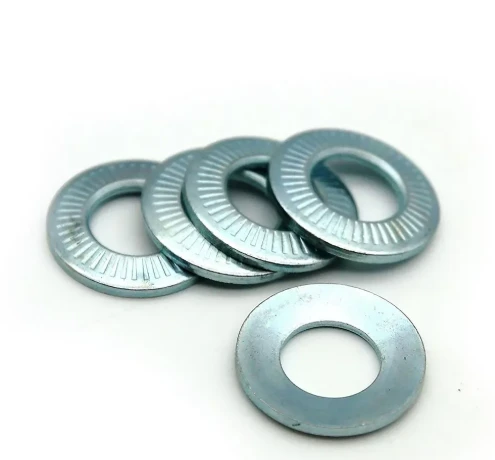Optimizing Durability and Performance with Hot Dip Galvanized Hex Nuts
In demanding industrial applications, the integrity and longevity of fastening solutions are paramount. The Hot Dip Galvanized Hex Nut stands as a critical component, offering superior corrosion resistance and structural stability. These essential fasteners, available as both electro and hot-dip galvanized hex nuts in robust grades like 4.8, 8.8, and 10.9, are engineered to perform reliably even in the most aggressive environments. Their exceptional resistance to corrosion makes them indispensable across various sectors, from automotive assemblies to complex electrical cabinets and expansive outdoor structural frameworks. Adhering strictly to international manufacturing standards such as GB52, DIN934, and ANSI, these nuts are precision-produced in a comprehensive range of sizes from M3 to M24. Crucially, their advanced anti-vibration design ensures long-term stability and security for critical connections, safeguarding against loosening under dynamic loads.
The selection of the appropriate hot dip galvanized hex nut is a strategic decision that directly impacts operational safety and maintenance costs. Our focus here delves into the technical intricacies, application benefits, and strategic importance of these fasteners in modern engineering projects.
Industry Trends and Market Dynamics for Galvanized Fasteners
The global market for industrial fasteners, particularly those offering enhanced corrosion protection, is experiencing steady growth. This trend is primarily driven by significant investments in infrastructure development, renewable energy projects, and the expansion of industrial facilities worldwide. There is an increasing demand for robust fastening solutions capable of withstanding extreme environmental conditions and extending service life, thereby reducing maintenance frequencies and associated costs. The hot dip galvanized hex nut is at the forefront of this demand, particularly in sectors such as offshore wind, solar farms, and large-scale bridge construction where exposure to moisture, chemicals, and saline air is constant. Technological advancements are also pushing for lighter, stronger, and more resilient materials and coating processes, ensuring that fasteners like the hot dip galvanized hex nut continue to meet evolving engineering challenges.
Emerging markets in Asia and Latin America, coupled with re-industrialization efforts in developed nations, are further fueling the need for high-performance fasteners. The stringent regulatory environment for safety and environmental compliance also necessitates the use of proven, durable components. As industries move towards sustainable practices, the extended lifespan offered by a hot dip galvanized hex nut also contributes to reduced material consumption and waste, aligning with broader environmental objectives.
Technical Parameters and Key Specifications
Understanding the precise technical parameters of a hot dip galvanized hex nut is crucial for ensuring optimal performance in specific applications. These nuts are typically manufactured from carbon steel or alloy steel, then subjected to a hot-dip galvanization process that applies a protective zinc coating. This coating creates a metallurgical bond with the steel substrate, offering exceptional barrier and cathodic protection against corrosion. Key specifications include material grades (e.g., Grade 4.8, 8.8, 10.9), thread types (coarse or fine), and dimensional standards such as DIN 934, ANSI B18.2.2, or GB 52. The zinc coating thickness, typically between 45-85 microns depending on nut size and application, is vital for long-term corrosion resistance.
|
Common Hot Dip Galvanized Hex Nut Parameters (DIN 934) |
||||
|
Nominal Thread Diameter (M) |
Thread Pitch (P) (mm) |
Width Across Flats (s) (mm) |
Nut Thickness (m) (mm) |
Recommended Torque (Nm, Grade 8.8) |
|
M10 |
1.5 |
17 |
8 |
48 |
|
M12 |
1.75 |
19 |
10 |
83 |
|
M16 |
2 |
24 |
13 |
205 |
|
M20 |
2.5 |
30 |
16 |
400 |
|
M24 |
3 |
36 |
19 |
690 |
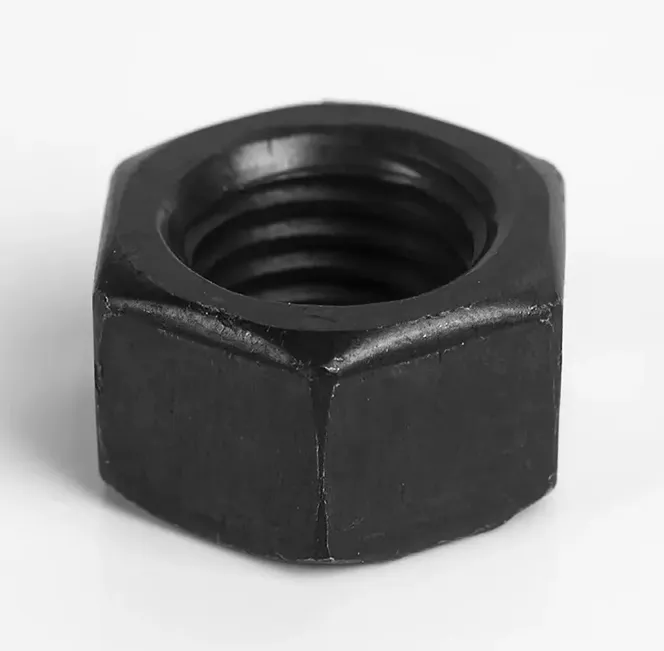
Figure 1: Automated production line for hot dip galvanized hex nuts, ensuring consistent quality and efficiency.
Manufacturing Process and Rigorous Quality Control
The production of a high-quality hot dip galvanized hex nut involves a meticulously controlled multi-stage process, starting with the selection of appropriate raw materials. Typically, high-grade steel wire or rod is utilized, which undergoes cold forging to form the initial nut blanks. This forging process ensures high material density and strength. Subsequently, the blanks are threaded through a precision tapping operation. Following this, the nuts are heat-treated to achieve the required mechanical properties, such as tensile strength and hardness, correlating to their specified grade (e.g., Grade 8.8 or 10.9). The critical step of hot-dip galvanization involves immersing the cleaned and fluxed nuts into molten zinc at temperatures around 450°C. This creates a durable, metallurgically bonded zinc layer that provides exceptional corrosion protection.
Post-galvanization, a crucial deburring and re-threading process may be necessary to ensure the threads are clean and compatible with corresponding bolts, as the zinc coating adds thickness. Rigorous quality control measures are integrated at every stage, including material composition analysis, dimensional checks, thread gauge inspection, and zinc coating thickness verification using magnetic or eddy current methods. Mechanical property tests, such as tensile and proof load tests, are performed to confirm adherence to standards like ISO 898-2 or ASTM A563. These comprehensive inspection protocols ensure that every hot dip galvanized hex nut meets stringent industry standards like ISO, ANSI, and DIN, guaranteeing long service life and reliable performance in critical applications within industries such as petrochemical, metallurgy, and water treatment.
Technical Advantages and Performance Characteristics
The primary advantage of the hot dip galvanized hex nut lies in its superior corrosion resistance. The thick, durable zinc coating provides both barrier protection, preventing corrosive elements from reaching the steel substrate, and cathodic protection, where the zinc preferentially corrodes to protect the steel even if the coating is scratched. This dual protection mechanism significantly extends the service life of structures, particularly in harsh outdoor, marine, or chemical environments. Compared to other coating methods like electro-galvanization or simple paint, hot-dip galvanization offers a much thicker and more robust protective layer, often exceeding 50 microns. This robust coating minimizes the need for frequent maintenance and replacement, leading to substantial cost savings over the operational lifespan of a project.
Corrosion Resistance Comparison: Hot Dip Galvanized vs. Other Coatings
~1500 HrsHot Dip Galvanized
~300 HrsElectro Galvanized
~50 HrsPlain Steel (Painted)
Figure 2: Salt Spray Test (ASTM B117) results showing superior corrosion resistance for Hot Dip Galvanized fasteners.
Beyond corrosion resistance, the mechanical properties of a hot dip galvanized hex nut are crucial. Manufactured to various strength grades (e.g., 4.8, 8.8, 10.9), these nuts offer specific proof loads and tensile strengths suitable for different structural demands. The anti-vibration design, often achieved through specific thread profiles or locking features, ensures joint integrity under dynamic loads, crucial for machinery, bridges, and tower constructions. The robust nature of these nuts translates into enhanced safety, reduced downtime for repairs, and ultimately, improved operational efficiency and energy savings by minimizing structural degradation due to corrosion.
Application Scenarios and Target Industries
The versatility and robust performance of the hot dip galvanized hex nut make it indispensable across a broad spectrum of industries. In the automotive sector, these nuts are used in undercarriage components, chassis assemblies, and heavy-duty vehicle construction where exposure to road salts and moisture is constant. For electrical cabinets and utility infrastructure, hot dip galvanized hex nuts provide reliable grounding and structural integrity, preventing rust that could compromise electrical connections or structural stability. Outdoor structures such as guardrails, signage, communication towers, and public shelters heavily rely on these fasteners for their longevity and low maintenance requirements.
Beyond these, critical infrastructure projects in petrochemical plants utilize these nuts for pipe racks, structural steelwork, and equipment anchoring, where resistance to corrosive chemicals and harsh atmospheric conditions is vital. In the metallurgy industry, they are essential for supporting heavy machinery and structural elements exposed to high temperatures and abrasive environments. Water supply and drainage systems, including pipelines, pumping stations, and treatment facilities, also heavily depend on hot dip galvanized hex nuts to withstand continuous exposure to water and various waterborne chemicals. Their ability to deliver consistent performance in these challenging environments contributes significantly to the overall energy efficiency and operational resilience of these systems by extending asset lifespan and reducing repair downtime.
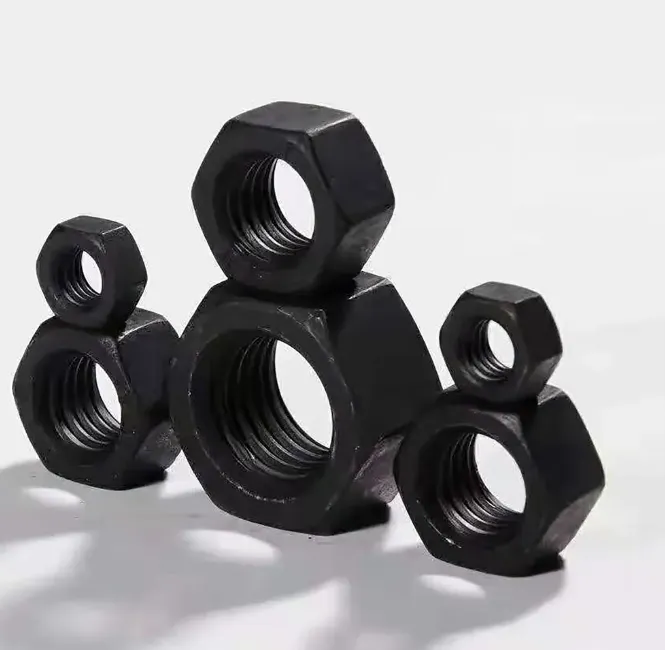
Figure 3: Hot dip galvanized hex nuts securing a critical outdoor structural connection, demonstrating real-world application.
Manufacturer Comparison and Custom Solutions
When sourcing hot dip galvanized hex nut products, selecting a reputable manufacturer is paramount. Key criteria for comparison include adherence to international standards (e.g., ISO 9001 certified production), comprehensive product range, capacity for custom fabrication, and a strong track record of quality and reliability. Manufacturers vary in their galvanization process controls, which directly impacts coating quality and adhesion. A leading supplier will offer detailed material certifications, galvanization reports, and traceable batch numbers. Furthermore, expertise in specialized coatings and treatments, beyond standard galvanization, can be a differentiator for extremely corrosive environments.
For complex B2B projects, the ability to provide custom solutions is invaluable. This might involve producing hot dip galvanized hex nut fasteners with specific thread pitches, non-standard dimensions, unique material compositions, or specialized anti-vibration features tailored to precise engineering requirements. A manufacturer capable of offering design consultation, rapid prototyping, and efficient production of custom orders can significantly streamline project timelines and ensure optimal performance. Collaborating with such a partner mitigates risks associated with off-the-shelf components that might not fully meet the unique demands of a given application, ensuring a perfect fit and extended operational life.
Application Cases and Client Success Stories
Our hot dip galvanized hex nut solutions have been deployed in numerous high-profile projects, demonstrating consistent reliability and superior performance. For instance, in a large-scale solar farm construction in a coastal region, our Grade 8.8 hot dip galvanized hex nuts were chosen for mounting solar panel arrays due to their exceptional resistance to salt spray corrosion. After five years, detailed inspections revealed no signs of significant degradation, a testament to their longevity and minimal maintenance requirements. Another notable case involved a municipal water treatment plant upgrade, where M24 hot dip galvanized hex nuts secured critical pipeline flanges. The client reported enhanced system integrity and drastically reduced instances of fastener corrosion-related failures compared to previous installations.
A key client in the heavy machinery manufacturing sector recently integrated our M16 hot dip galvanized hex nut with anti-vibration features into their new line of agricultural equipment. The feedback highlighted improved assembly efficiency and, more importantly, enhanced stability and safety of the machinery operating in rugged outdoor conditions. These success stories underscore the practical benefits and long-term value provided by high-quality hot dip galvanized fasteners, reinforcing their position as a preferred choice for engineers and project managers facing challenging environmental and operational demands. Our commitment extends beyond supplying products; we ensure our solutions contribute directly to our clients' operational success and peace of mind.
Authoritativeness and Trustworthiness
Our unwavering commitment to quality and customer satisfaction is built on a foundation of recognized industry certifications and a robust operational framework. Our manufacturing facilities are ISO 9001:2015 certified, affirming our adherence to international quality management standards throughout the entire production lifecycle of every hot dip galvanized hex nut. We have established long-term strategic partnerships with leading raw material suppliers, ensuring consistent quality from the very outset. With over two decades of dedicated service in the fastener industry, our extensive experience provides us with unparalleled insights into market demands and technological advancements.
To further underscore trustworthiness, every batch of hot dip galvanized hex nut undergoes rigorous third-party testing for mechanical properties and coating thickness, providing transparent and verifiable data. We offer comprehensive product warranties, reflecting our confidence in the durability and performance of our fasteners. Our streamlined delivery protocols ensure precise lead times and reliable global shipping. Furthermore, our dedicated technical support team is available to provide expert guidance on selection, installation, and application-specific challenges, offering a complete solution from inquiry to post-sales assistance. This holistic approach ensures not just product excellence, but also a reliable partnership.
Frequently Asked Questions (FAQ) about Hot Dip Galvanized Hex Nuts
Q1: What is the primary advantage of a hot dip galvanized hex nut over other coatings?
A1: The main advantage is its superior corrosion resistance, provided by a thick, metallurgically bonded zinc layer. This offers both barrier and cathodic protection, significantly extending the fastener's lifespan in harsh environments compared to electro-galvanization or paint.
Q2: Are hot dip galvanized hex nuts compatible with all types of bolts?
A2: Yes, typically they are designed to be compatible with hot-dip galvanized bolts. It is crucial to use bolts that have also been galvanized to ensure thread compatibility and consistent corrosion protection across the entire assembly. The internal threads of hot-dip galvanized nuts are often tapped oversized to accommodate the thicker zinc coating on the bolts.
Q3: What material grades are commonly available for hot dip galvanized hex nuts?
A3: They are commonly available in various strength grades such as 4.8, 8.8, and 10.9, as per ISO/DIN standards, or grades like A563 Grade A, C, DH for ASTM standards. The selection depends on the required mechanical properties and load-bearing capacity of the application.
Q4: How does the hot-dip galvanization process affect the nut's threads?
A4: The zinc coating adds thickness to the threads. To ensure proper fit and functionality with galvanized bolts, the internal threads of the hot dip galvanized hex nut are often tapped slightly oversized after galvanization, or the nuts are specified as "oversized tapped" from the beginning to accommodate the bolt's coating. This maintains thread engagement.
Q5: What international standards apply to hot dip galvanized hex nuts?
A5: Key international standards include DIN 934 (hex nuts), ISO 4032 (hex nuts), ANSI B18.2.2 (nut dimensions), GB 52 (Chinese standard), and ASTM A563 (carbon and alloy steel nuts). Galvanization processes are typically governed by standards like ISO 1461 or ASTM A153.
Q6: What is the typical service life of a hot dip galvanized hex nut?
A6: The service life varies greatly depending on the environment. In rural environments, it can exceed 50-100 years. In industrial or marine environments, it typically ranges from 20-50 years. This significantly outperforms ungalvanized or electro-galvanized fasteners in similar conditions.
Q7: Do you offer customized hot dip galvanized hex nut solutions?
A7: Yes, we provide comprehensive custom manufacturing services. This includes producing nuts with specific dimensions, unique material specifications, specialized anti-vibration features, or specific thread types to meet the precise requirements of your project. Our engineering team can collaborate with you from design to production.
Conclusion
The hot dip galvanized hex nut represents a cornerstone of durable and reliable fastening in modern engineering. Its inherent resistance to corrosion, combined with robust mechanical properties and adherence to stringent international standards, positions it as an essential component for demanding industrial, infrastructure, and environmental applications. By offering enhanced longevity, reduced maintenance, and superior structural integrity, these nuts provide tangible long-term value and contribute to the overall safety and efficiency of projects. Choosing the right hot dip galvanized hex nut, backed by expert manufacturing and comprehensive support, is a strategic investment in the future performance and resilience of any critical assembly.
References
- American Galvanizers Association. (2023). Performance of Hot-Dip Galvanizing in Atmospheric Exposure.
- International Organization for Standardization. (2022). ISO 1461: Hot dip galvanized coatings on fabricated iron and steel articles — Specifications and test methods.
- ASTM International. (2021). ASTM A153/A153M: Standard Specification for Zinc Coating (Hot-Dip) on Iron and Steel Hardware.
- European Committee for Standardization. (2020). EN ISO 898-2: Mechanical properties of fasteners made of carbon steel and alloy steel — Part 2: Nuts with specified proof load values — Coarse thread and fine pitch thread.
- Schulz, D., & Böhm, G. (2019). Fastener Technology: Theory and Practice in Industrial Applications. Wiley-VCH.
Who We Are: The Right Fastener Partner for Global SMEs
Handan Boen Fastener Manufacturing Co., Ltd. (Est. 2010) specializes in producing standardized industrial fasteners, including bolts, nuts, washers, and other essential components. We provide cost-effective for small and medium-sized buyers in industries such as automotive parts, agricultural machinery, and construction.
